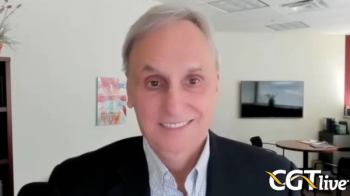
The chief medical advisor of the Muscular Dystrophy Association discussed what attendees can expect at the 2025 MDA Meeting.

The chief medical advisor of the Muscular Dystrophy Association discussed what attendees can expect at the 2025 MDA Meeting.
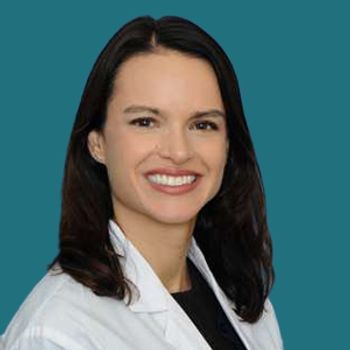
Sarah Larson, MD, the medical director of the Immune Effector Cell Therapy Program at UCLA, discussed initial data from a phase 1/2 trial.
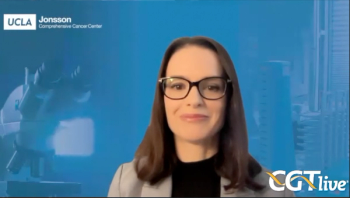
The medical director of the Immune Effector Cell Therapy Program at UCLA discussed initial data from a phase 1/2 trial.

Manali Kamdar, MD, the associate professor of medicine–hematology and clinical director of lymphoma services at the University of Colorado, discussed the importance of referring patients with r/r LBCL who are transplant ineligible for CAR-T treatment.

Manali Kamdar, MD, the associate professor of medicine–hematology and clinical director of lymphoma services at the University of Colorado, discussed the choice between treating patients with liso-cel or bispecific T-cell engagers.
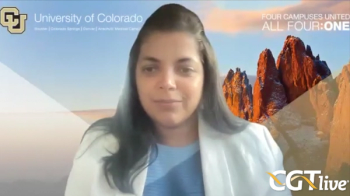
The clinical director of lymphoma services at the University of Colorado discussed the importance of referring patients with r/r LBCL who are transplant ineligible for CAR-T treatment.
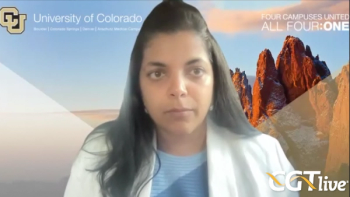
The clinical director of lymphoma services at the University of Colorado discussed the choice between treating patients with liso-cel or bispecific T-cell engagers.
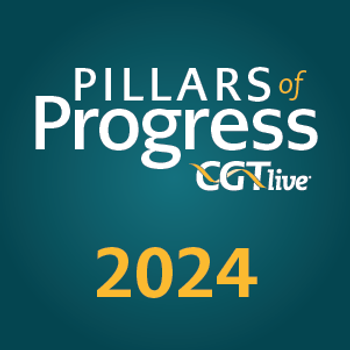
Look back on the 2024 stories that our readers were on top of during the medical meetings covered by the CGTLive team.

Manali Kamdar, MD, the associate professor of medicine–hematology and clinical director of lymphoma services at the University of Colorado, discussed 5-year follow-up data from the TRANSCEND-NHL-001 clinical trial.
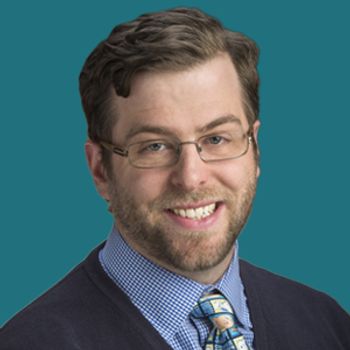
Ben Samelson-Jones, MD, PhD, the associate director of clinical in vivo gene therapy at Children’s Hospital of Philadelphia, discussed follow-up data of up to 6 years with investigations of fidanacogene elaparvovec.
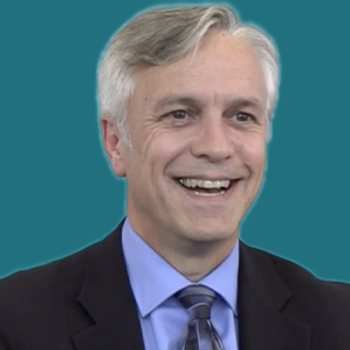
Steven W. Pipe, MD, a professor of pediatric hematology/oncology at CS Mott Children’s Hospital, discussed findings from the open-label extension of the ATLAS studies at ASH 2024.
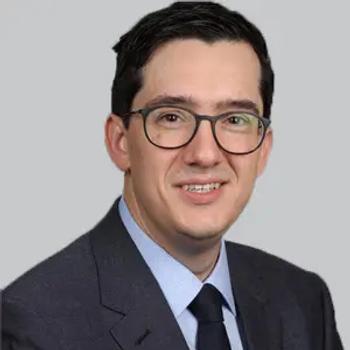
Mind Moments®, a podcast from our sister site NeurologyLive®, held an exclusive interview with Jonathan Parker, MD, PhD.
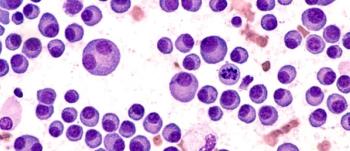
Real-world data showed ide-cel was active in patients with central nervous system manifestations of multiple myeloma.
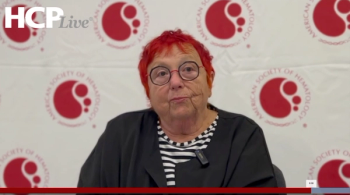
The head of the Referral Center for Sickle Cell Disease and Clinical Research Department at Hôpital Intercommunal de Créteil of the Université Paris Cité discussed the Drepagreffe-1 and 2 studies and improvements seen over 10 years of follow-up.
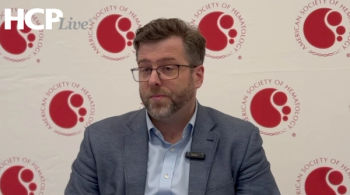
The associate director of clinical in vivo gene therapy at Children’s Hospital of Philadelphia discussed follow-up data of up to 6 years with investigations of fidanacogene elaparvovec.
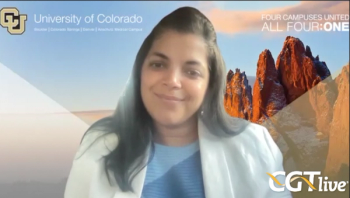
The clinical director of lymphoma services at the University of Colorado discussed 5-year follow-up data from the TRANSCEND-NHL-001 clinical trial.
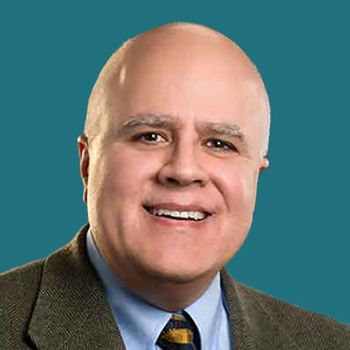
Haydar Frangoul, MD, the medical director of pediatric hematology/oncology at Sarah Cannon Research Institute and Pediatric Transplant and Cellular Therapy Program at TriStar Centennial, discussed the latest data update from the CLIMB SCD-121 trial evaluating exa-cel.
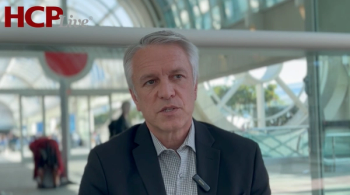
The professor of pediatric hematology/oncology at CS Mott Children’s Hospital discussed findings from the open-label extension of the ATLAS studies at ASH 2024.
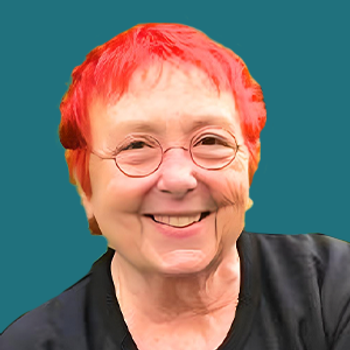
A long-term follow-up to the DREPAGREFFE-1 trial suggest that children with sickle cell anemia may benefit long-term on risk of cerebral injury, cognitive functions, and quality of life over standard care transfusions.
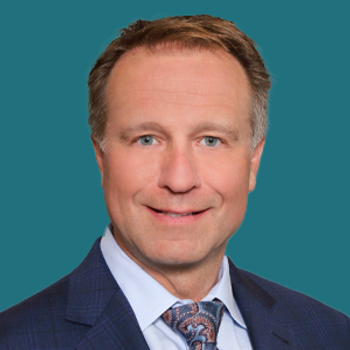
Among those who had undetectable minimal residual disease, autologous hematopoietic cell transplantation showed signs of benefit only for those who remained MRD-positive following induction therapy.

Arlocabtagene autoleucel shows promise as a potential first in class GPRC5D-targeted CAR T-cell therapy for heavily pretreated multiple myeloma.
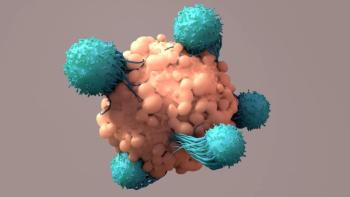
The CAR-T, marketed as Kymriah, showed a 4-year overall survival rate of 79.3% and a median progression-free survival of 53.3 months.
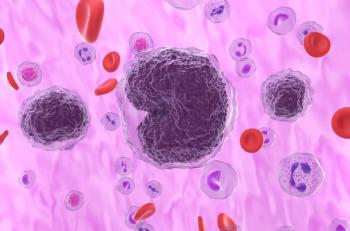
With regard to safety, there were no dose-limiting toxicities, no cases of GvHD, and no cases of TAK-007-related ICANS.
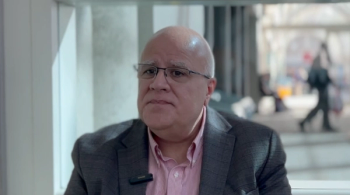
The Medical Director of Pediatric Hematology/Oncology at Sarah Cannon Research Institute discussed the latest data update from the CLIMB SCD-121 trial evaluating exa-cel.

Protocol-defined transfusion independence (TI) was achieved by 52 of the 63 patients in long-term follow-up study LTF-303.

Allo-HSCT showed good 2-year survival data, with matched sibling donors showing superior outcomes to alternative donors.
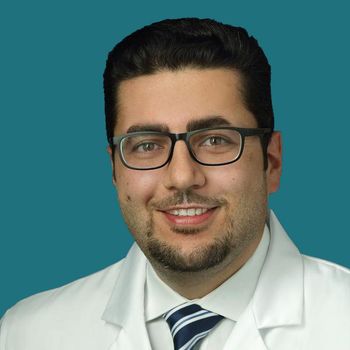
In the wake of fludarabine shortages, lemphodepletion with bendamustine was found to be an effective alternative compared for patients with large B-cell lymphoma being treated with a CD19-directed CAR T-cell therapy.
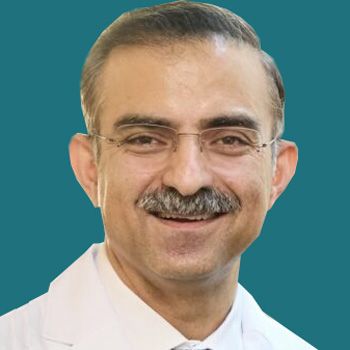
With an FDA deadline pending in January, tabelecleucel remained safe and effective with longer follow-up for Epstein–Barr virus-associated post-transplant lymphoproliferative disease.
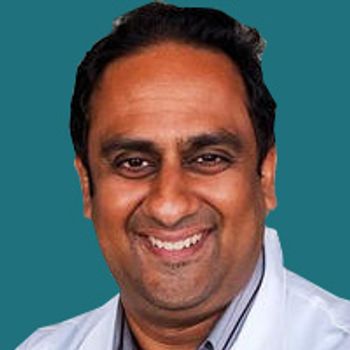
Zamtocabtagene autoleucel showed promising early complete response rates and survival outcomes in patients with relapsed/refractory diffuse large B-cell lymphoma.
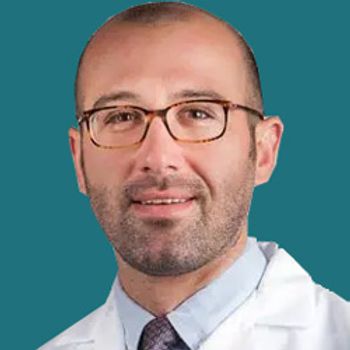
Rapcabtagene autoleucel showed high rates of durable complete remissions and a favorable safety profile for patients with relapsed/refractory diffuse large B-cell lymphoma.